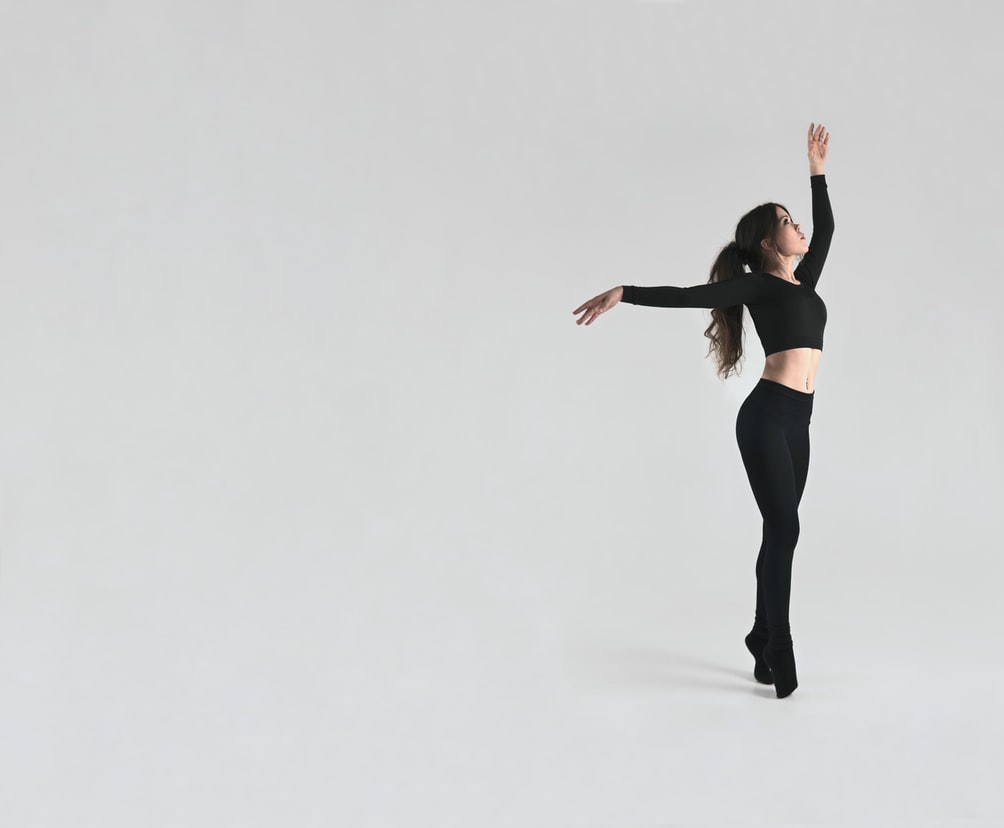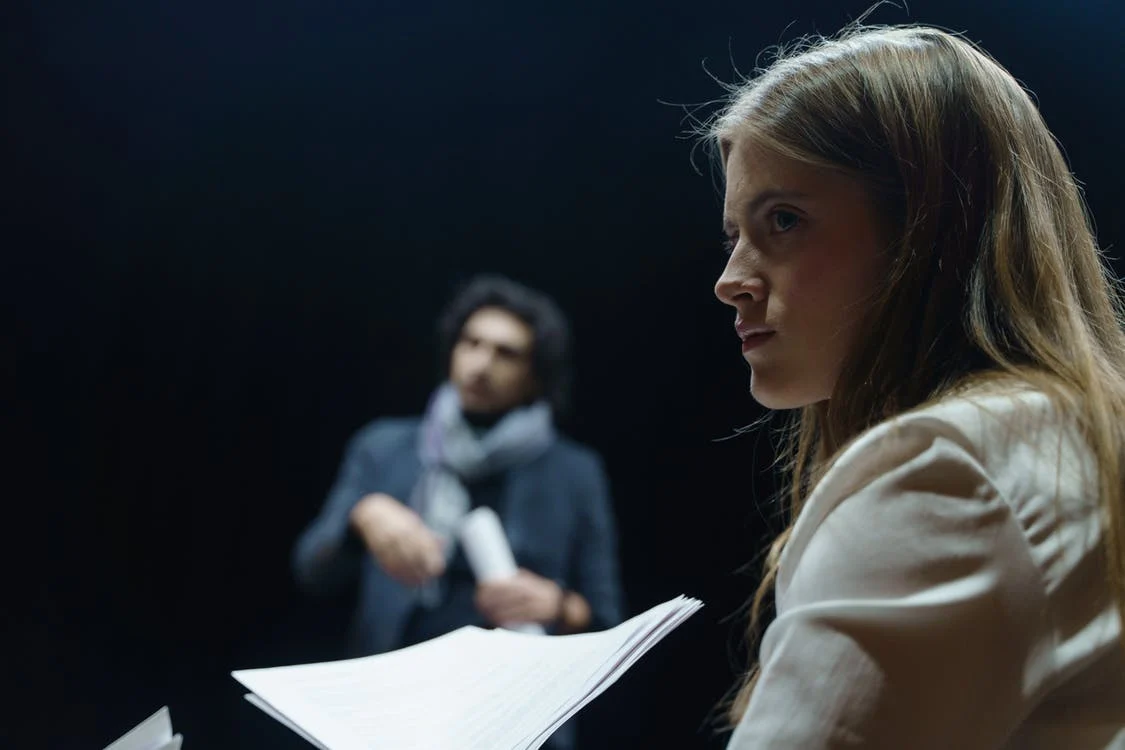What Do People Do in Acting School?
Individuals in acting school develop a deep understanding of the craft of acting
(By Javier Guerra)
 (Photo: Pavel Danilyuk | Pexels)
(Photo: Pavel Danilyuk | Pexels)
Acting school, also known as drama school or theater school, is the training ground for aspiring actors who seek to hone their craft and embark on a career in the performing arts. These institutions provide a structured and immersive environment where individuals can develop their acting skills, gain a deep understanding of the art of performance, and prepare for the demands of the industry.
- Acting Techniques and Methods
One of the primary focuses of acting school is the exploration and mastery of various acting techniques and methods. Students are introduced to a range of approaches, including but not limited to:
Stanislavski Method:
Rooted in realism, this technique emphasizes the emotional truth of a character by delving into their motivations, objectives, and backstories.
Meisner Technique:
Focused on authenticity and spontaneity, this method involves responsive and present acting, often using repetition exercises.
Method Acting:
Made famous by actors like Marlon Brando and Robert De Niro, this approach encourages actors to draw from personal experiences and emotions to connect with their characters.
Viewpoints and Suzuki Method:
Physical techniques that help actors develop awareness of their bodies and movement on stage.
- Scene Study
Scene study is a fundamental component of acting school. Students work on scenes from plays, films, or original scripts, dissecting the text, understanding the characters, and rehearsing to bring the scenes to life. This process involves intensive analysis, character development, and exploration of relationships within the scenes.
- Voice and Diction
Acting school places a strong emphasis on voice training. Students learn to project their voices, articulate words clearly, and modulate tone and pitch to convey different emotions. Voice exercises, speech drills, and dialect training are common components of this training.
- Movement and Physicality
 (Photo: Aliaksei Manlyx | Unsplash)
(Photo: Aliaksei Manlyx | Unsplash)
Physicality and body awareness are crucial aspects of acting. Students engage in movement classes to improve posture, gesture, and physical expression. This training helps actors use their bodies effectively to communicate character and emotion.
- Improvisation
Improvisation exercises are often incorporated into the curriculum to encourage spontaneity, creativity, and quick thinking. Improv helps actors think on their feet and develop the ability to react authentically in various situations.
- Audition Techniques
Preparing for auditions is a vital skill for aspiring actors. Acting schools offer guidance on audition techniques, including selecting appropriate monologues, presenting a professional resume and headshot, and performing under audition pressure.
- Character Development
In-depth character analysis is a cornerstone of acting education. Students learn how to fully embody a character by exploring their motivations, history, relationships, and psychological traits. This process helps actors create well-rounded and convincing portrayals.
- Script Analysis
 (Photo: Cottonbro | Pexels)
(Photo: Cottonbro | Pexels)
Acting schools teach students how to analyze scripts thoroughly. This involves dissecting the text for subtext, themes, objectives, and character arcs, enabling actors to make informed choices in their performances.
- Rehearsals and Performances
Acting school often culminates in the opportunity to rehearse and perform in plays, showcases, or student productions. These experiences allow students to apply their skills in a real theatrical setting and gain valuable performance experience.
- Industry Insights
Acting schools may offer classes on the business side of the entertainment industry, covering topics such as agents, contracts, networking, and the audition process. This knowledge is essential for transitioning from acting school to a professional career.
Acting school is a comprehensive and immersive experience that equips aspiring actors with the skills, techniques, and knowledge needed to excel in the demanding world of performing arts. Through a blend of theory, practice, and creative exploration, individuals in acting school develop a deep understanding of the craft of acting and prepare themselves for the challenges and opportunities that lie ahead in their careers.



